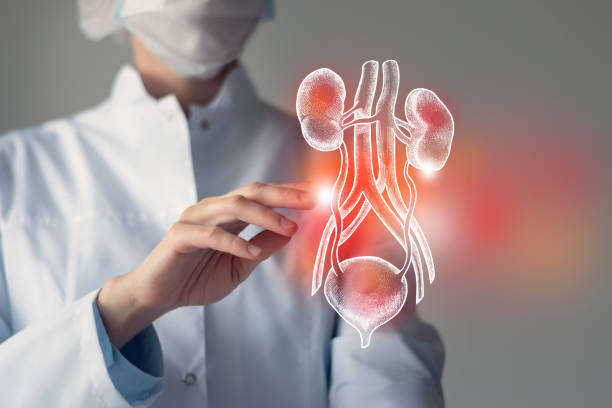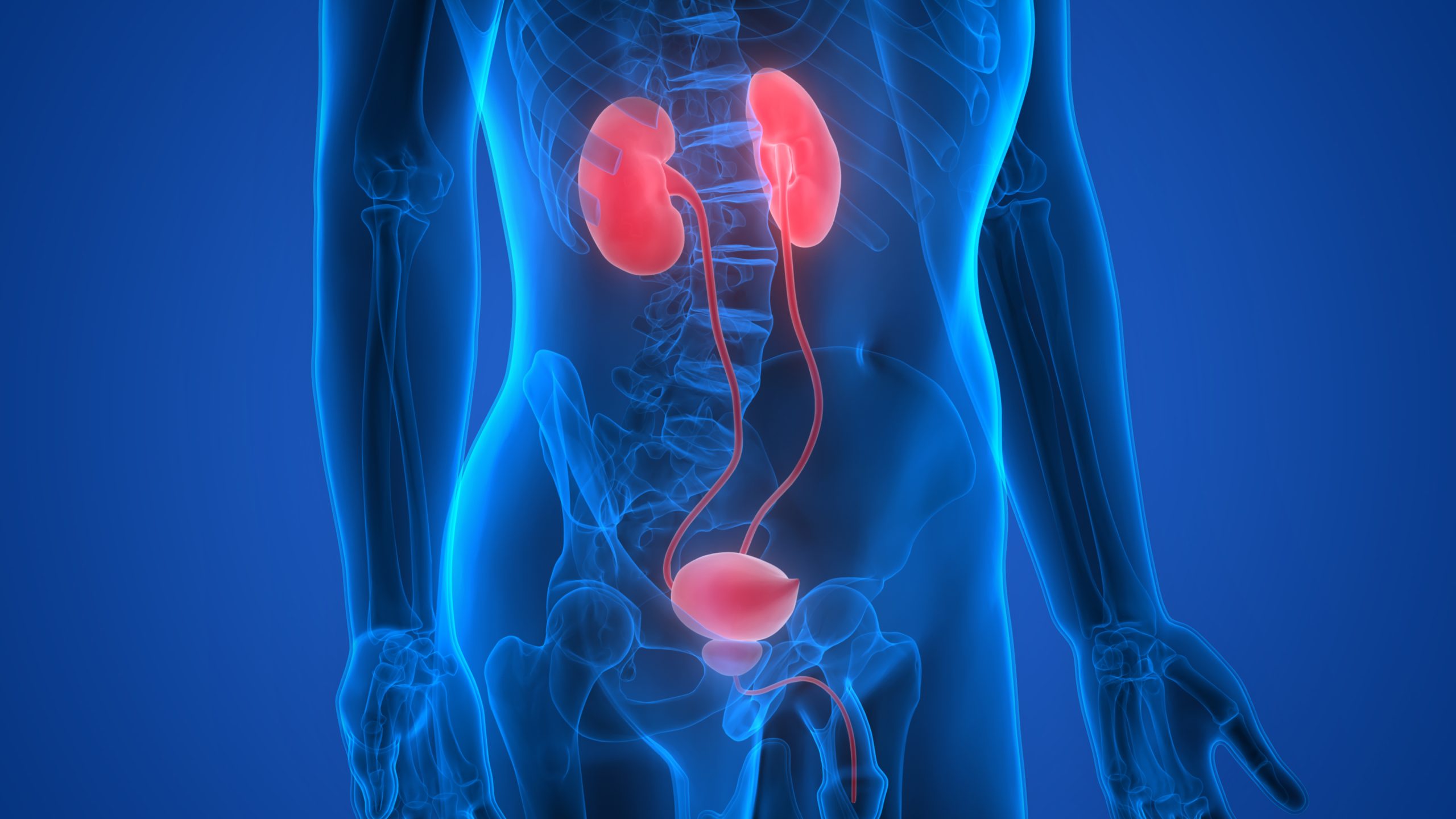UROLOGY


Urology is the medical specialty that focuses on the diagnosis and treatment of disorders related to the male and female urinary tract and the male reproductive system. Urologists are medical doctors who specialize in urology and are trained to manage a wide range of conditions affecting the kidneys, bladder, ureters, urethra, and male reproductive organs.
Here are some key aspects of urology:
Urinary Tract Disorders: Urologists diagnose and treat conditions affecting the urinary tract, including infections, kidney stones, urinary incontinence, and bladder issues.
Prostate Health: Urologists address conditions related to the prostate gland, such as benign prostatic hyperplasia (BPH) and prostate cancer. They may perform screenings, diagnostic tests, and provide treatment options.
Male Reproductive Health: Urologists specialize in male reproductive health, dealing with issues such as erectile dysfunction, male infertility, and sexually transmitted infections that affect the reproductive organs.
Kidney Disorders: Urologists are involved in the management of kidney disorders, including kidney stones, kidney infections, and other conditions that affect the structure and function of the kidneys.
Bladder Conditions: Urologists treat various bladder conditions, such as overactive bladder, interstitial cystitis, and bladder cancer.
Urinary Incontinence: Urologists help manage urinary incontinence, a condition characterized by the loss of bladder control, which can result in involuntary urine leakage.
Pediatric Urology: Some urologists specialize in pediatric urology, addressing urological issues in children, such as congenital abnormalities of the urinary tract.
Urological Surgeries: Urologists perform surgical procedures, including minimally invasive and robotic-assisted surgeries, to treat conditions such as kidney stones, prostate issues, and urinary tract obstructions.
Male and Female Voiding Dysfunction: Urologists evaluate and treat disorders related to the process of voiding or emptying the bladder, which can include issues with the muscles or nerves involved in urination.
Cancers: Urologists are involved in the diagnosis and treatment of urological cancers, including bladder cancer, kidney cancer, prostate cancer, and testicular cancer.
Urologists often work in collaboration with other medical specialists, including oncologists, radiologists, and nephrologists, to provide comprehensive care for patients with urological conditions. Regular check-ups with a urologist may be recommended for individuals experiencing urological symptoms or for preventive care, especially as they age.
